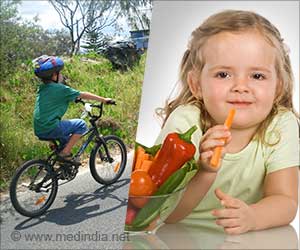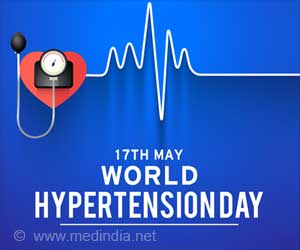- The One Medicine concept embodies a holistic approach to health, recognizing the interconnection between human, animal, and environmental well-being
- It addresses the seamless transmission of diseases between species and underscores the pivotal role of veterinarians in prevention, and research
- By promoting collaboration across disciplines, One Medicine aims to protect public health, advance medical research, and safeguard the planet's ecosystems
Understanding the One Medicine Concept
At its core, the One Medicine concept is based on the premise that humans and animals share a mutually beneficial, symbiotic relationship with the environment. It acknowledges that diseases can seamlessly cross species barriers, a phenomenon known as zoonotic transmission. When pathogens, be they bacteria, viruses, or parasites, jump from animals to humans or vice versa, they can pose significant public health threats (1✔ ✔Trusted SourceAssessing food security performance from the One Health concept: an evaluation tool based on the Global One Health Index
Go to source). One of the foundational principles of this approach is the awareness that diseases do not discriminate based on species. This means that what affects one species can ultimately impact another, often with cascading effects.
For instance, zoonotic diseases like COVID-19, believed to have originated from wildlife, can rapidly spread globally, causing pandemics. Such diseases serve as potent reminders of the inter-connectedness of all life forms on our planet.
Veterinary Medicine's Role in Public Health
Central to the One Medicine concept are veterinarians who play a pivotal role in bridging the gap between human and animal health. They are at the forefront of monitoring and early detection of diseases, actively observing animal populations for signs of illness, and identifying possible zoonotic risks before they escalate into significant public health emergencies.Veterinarians are instrumental in executing vaccination initiatives, promoting responsible animal husbandry methods, and conducting research to understand the transmission dynamics of diseases. Their efforts not only protect animals but also reduce the risk of diseases spreading to human populations.
Furthermore, veterinarians work diligently to ensure the safety of animal-derived products, such as meat, dairy, and eggs, by adhering to strict safety standards. This safeguards public health by preventing the transmission of harmful pathogens from animals to humans through food consumption.
Mutual Benefits: Advancing Medicine for All
The One Medicine concept highlights that advancements in medical research and treatment can benefit both humans and animals. One striking example is in the field of orthopedic procedures, where insights and technology derived from veterinary expertise have improved joint replacements and fracture repairs. Similarly, oncology, a realm where humans and animals share many biological similarities, has witnessed collaborative research between veterinarians and medical scientists. Some cancer drugs, like Paclitaxel, initially used to treat animal cancers, are now valuable in human cancer treatments.Environmental Factors and Health
Environmental factors exert a profound influence on the health of both humans and animals. Pollution, habitat loss, and climate change can significantly impact the transmission and emergence of diseases. Substances like chemicals and heavy metals can contaminate the air, water, or soil, posing risks to both species' health.Climate change, characterized by shifts in temperature and precipitation patterns, can alter the distribution of disease-carrying vectors like mosquitoes and ticks. This can result in the spread of diseases, such as malaria and Lyme disease, into new regions.
Collaborative Action for a Healthier Planet
To effectively address these complex challenges, collaboration is paramount. Scientists, healthcare professionals, environmentalists, and governments must work together to create global initiatives that combat climate change and mitigate environmental risks. The One Medicine concept underscores the need for such interdisciplinary cooperation to protect public health and maintain ecosystem balance.The One Medicine concept is a visionary approach that acknowledges the interdependence of human, animal, and environmental health.
By embracing this concept, we recognize that our collective well-being is intricately linked and that we must work together to safeguard all species, prevent disease transmission, ensure food safety, and preserve our precious ecosystems. It is a call to action for a healthier planet, where humans, animals, and the environment thrive together in harmony.
e One Health approach, championed by organizations like the World Health Organization, recognizes the inter-connectedness of human health, animal health, and the environment. By promoting collaboration across sectors and addressing health issues at their root, it offers a comprehensive solution to global health challenges.
Through integrated health services and long-term strategies, countries, including the United States, can effectively manage health risks, bolster immune systems, and mitigate high-level health problems, including mental health concerns.
Embracing One Health principles strengthens health systems, safeguards the well-being of people living in diverse settings, and ensures a healthier future for both humans and animals, underscoring its vital role in the realm of global health.
"The world is for everyone, and each of us has a role in ensuring that it remains a place of opportunity, equality, and compassion."
Reference:
- Assessing food security performance from the One Health concept: an evaluation tool based on the Global One Health Index - (https://idpjournal.biomedcentral.com/articles/10.1186/s40249-023-01135-7)
Source-Medindia










